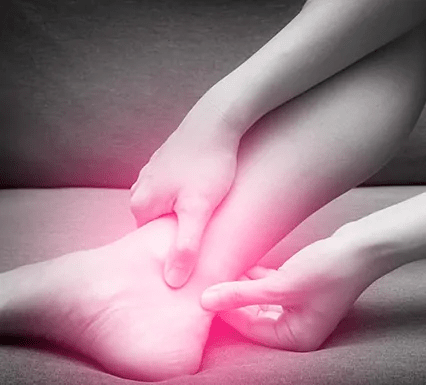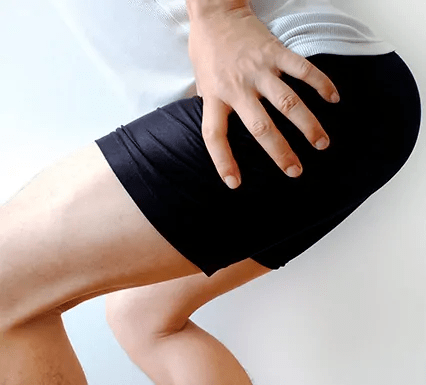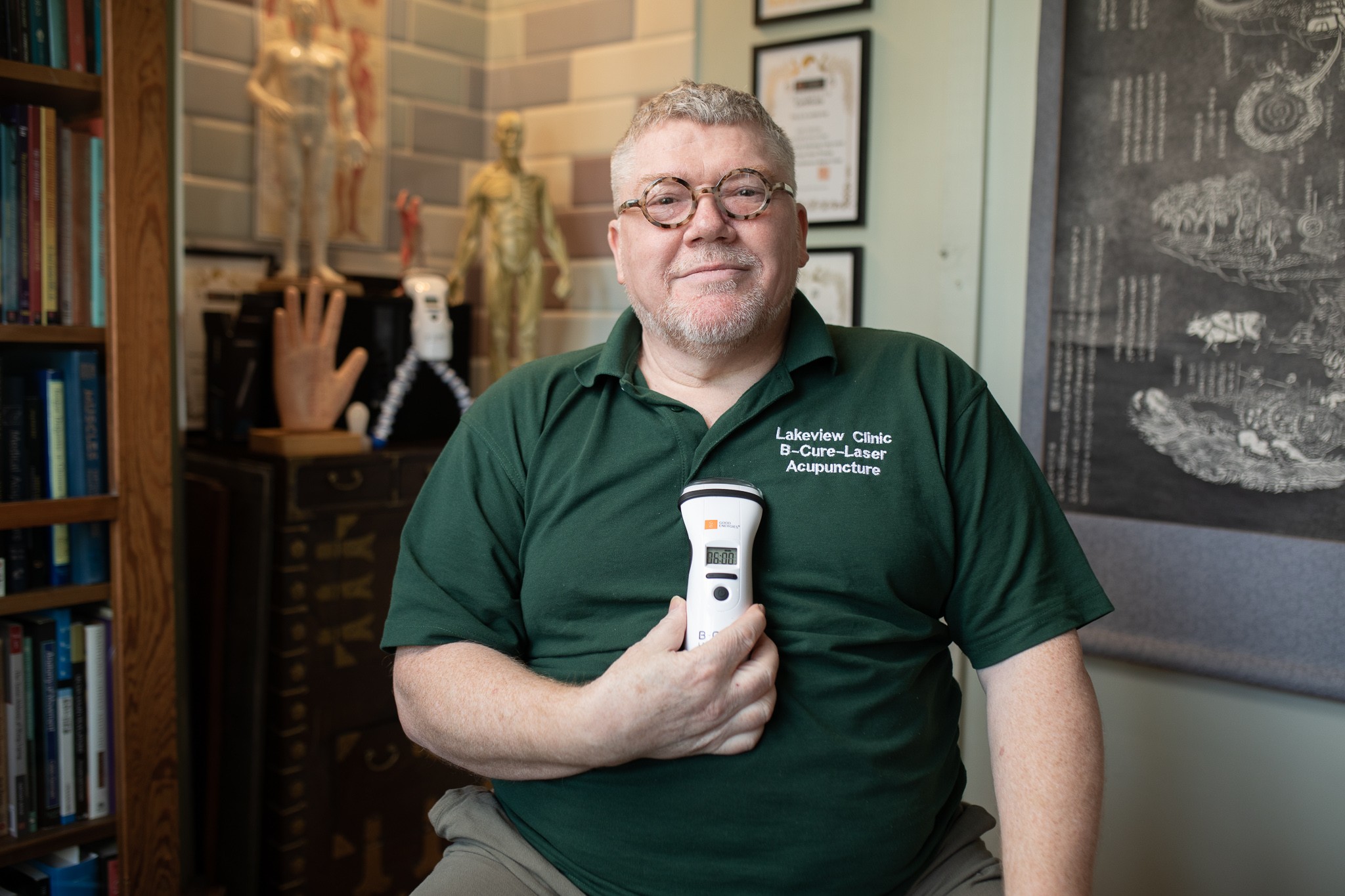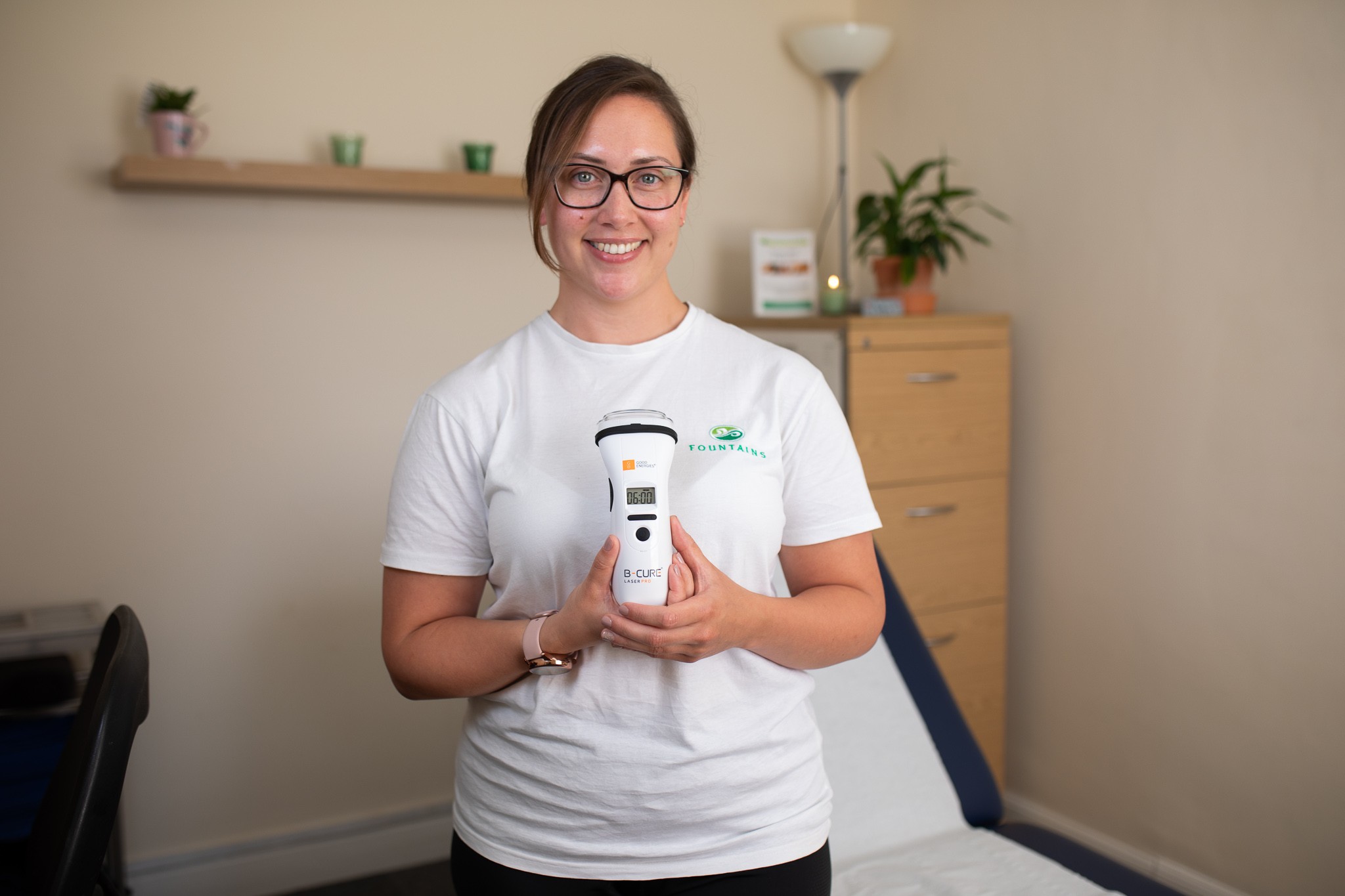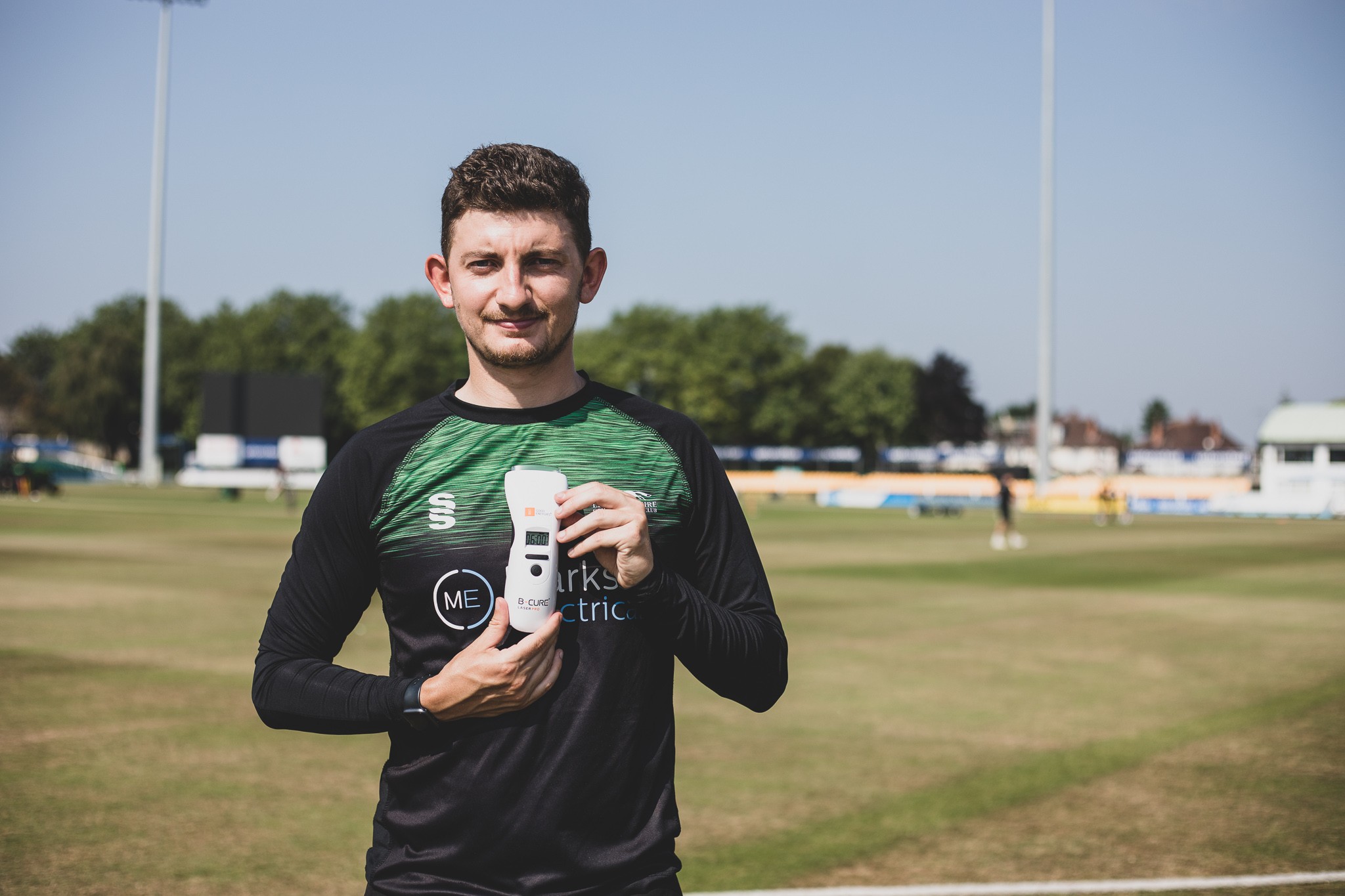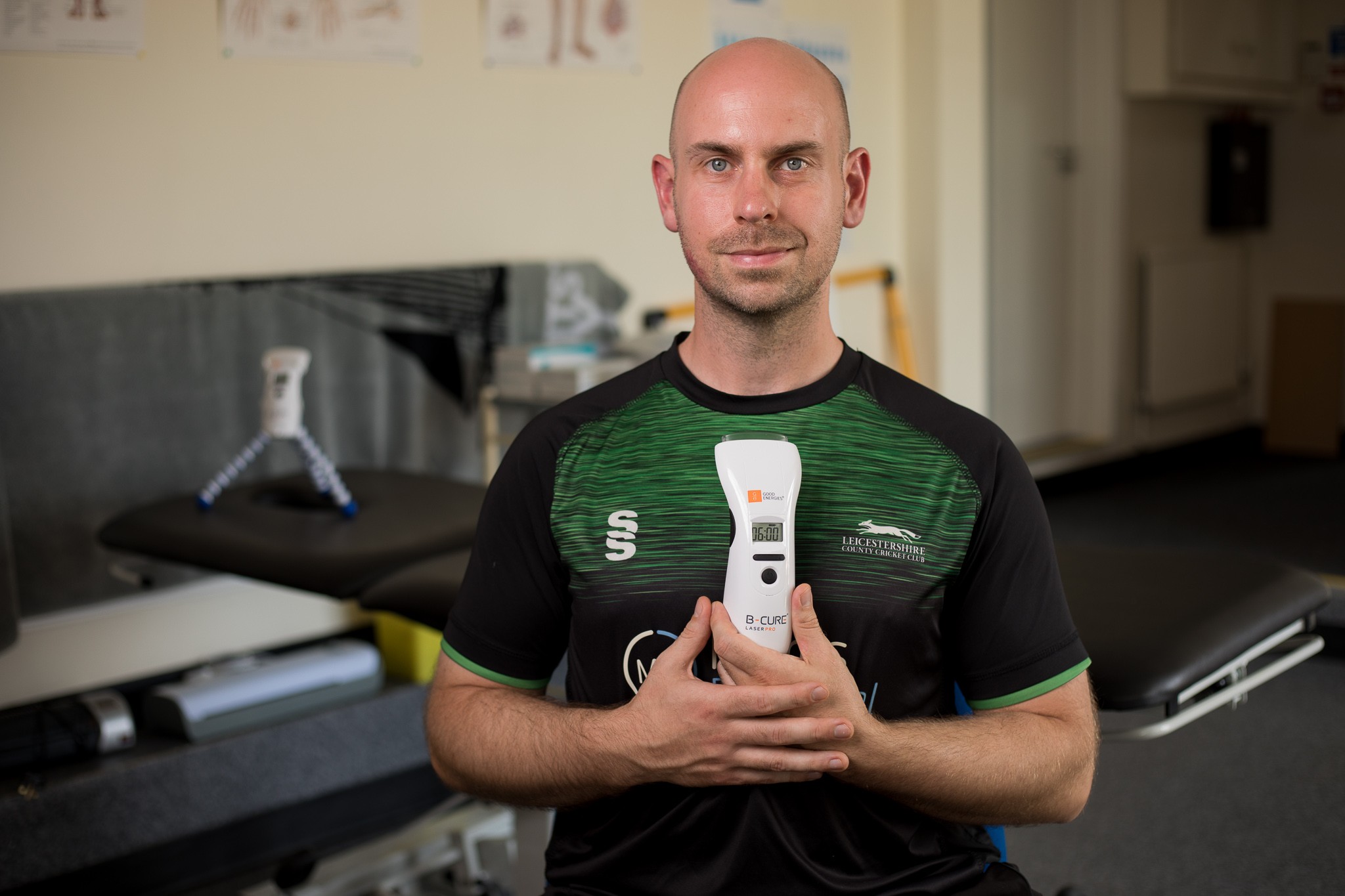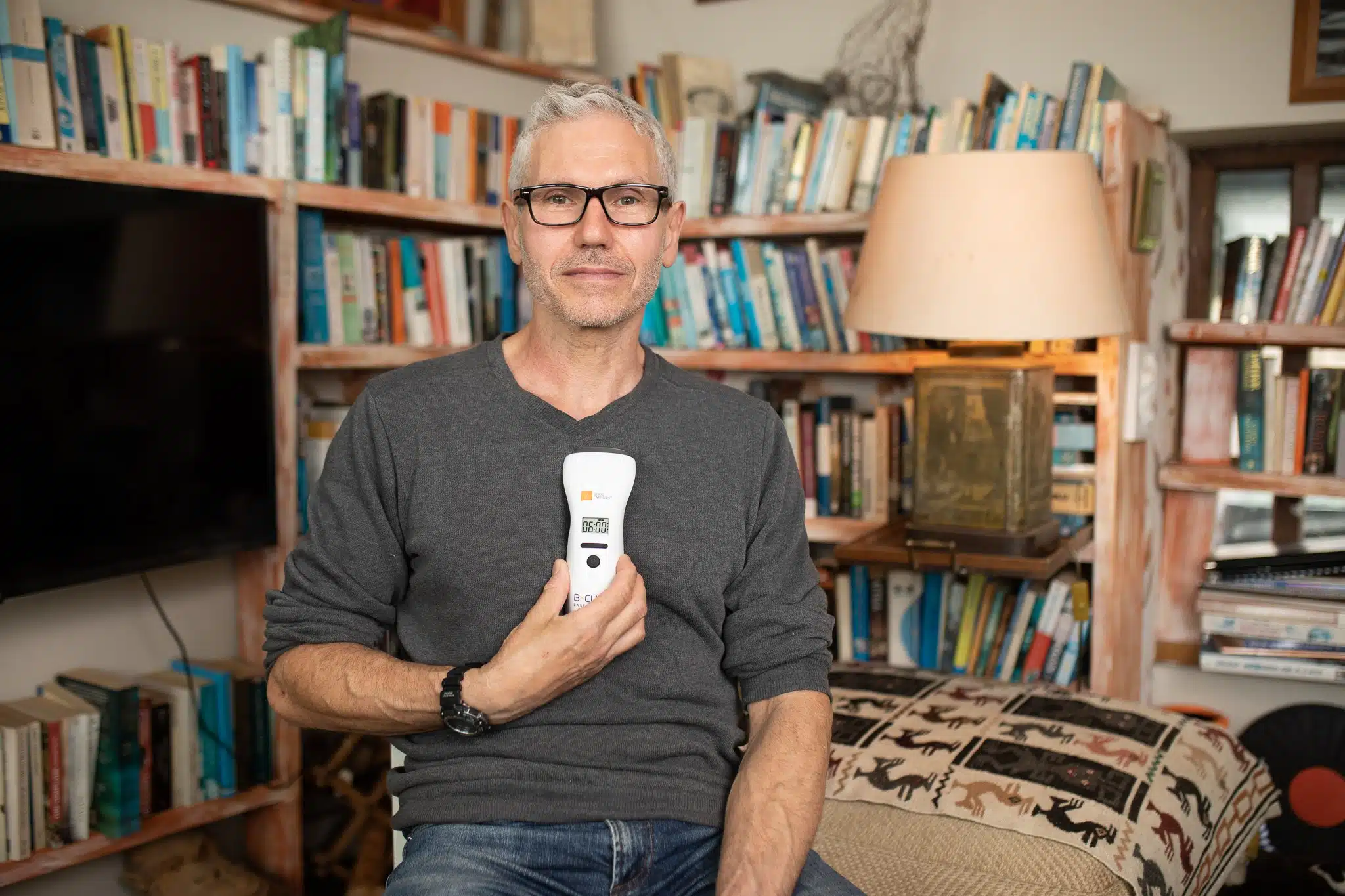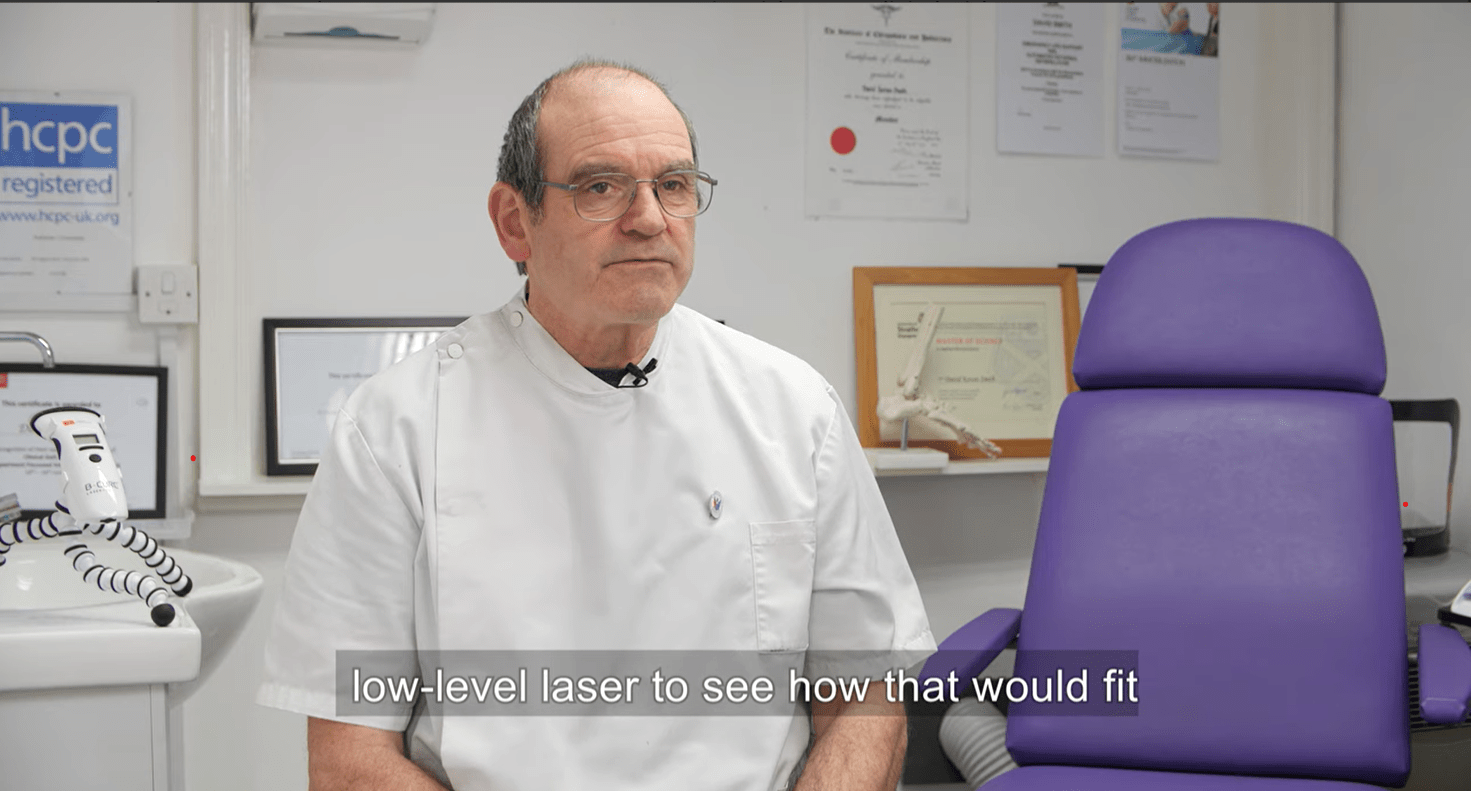What Are the Causes of Shoulder Pain?
Shoulder pain is a prevalent issue caused by skeletal problems. It often results from prolonged pressure on the shoulder joint due to intense sports or physical labor. Adults may experience pain due to erosion, calcification, tendon tears, or a frozen shoulder.
About 10% of people experience shoulder pain at least once in their lifetime. Common symptoms across diagnoses include restricted motion at the shoulder joint during movement, which can limit daily activities.
What shoulder issue are you experiencing?
The shoulder is one of the most intricate joints in the body, often leading to pain and limited range of motion when impaired. This impairment can result from conditions like tendonitis and bursitis, where movement of the joint is restricted and surrounding tissues may become inflamed or torn.
Addressing impairment syndrome before a rotator cuff tear occurs is crucial, as inflamed tissue is easier to heal than torn tissue. The rotator cuff comprises four muscle tendons—the supraspinatus, infraspinatus, teres minor, and subscapularis—which can suffer from tendonitis or partial/full tears, particularly the supraspinatus muscle along the top of the shoulder.
Issues with the rotator cuff may also involve bicep tendonitis and bursitis, often causing pain and discomfort during arm movement. Tears in the labrum or arthritis in the shoulder joint can further contribute to joint pain and reduced mobility.
What Are the Treatment Options for Shoulder Pain?
Anti-inflammatory drugs pose risks with prolonged use. Surgery is essential for repairing a complete rotator cuff tear, but predicting the effectiveness of shoulder surgery for other conditions remains challenging, according to published reports. While exercise and stretching are crucial, they may be impractical when shoulder movement is severely painful.
Laser therapy emerges as a highly effective treatment for shoulder issues, facilitating healing through various mechanisms. Extensive research supports laser light therapy as safe and effective for conditions like tendonitis, bursitis, and arthritis, reducing inflammation, enhancing circulation, accelerating cellular metabolism, and strengthening tissue. These benefits lead to rapid pain relief. Placebo-controlled studies demonstrate significant improvements in pain and disability from laser therapy for frozen shoulder.
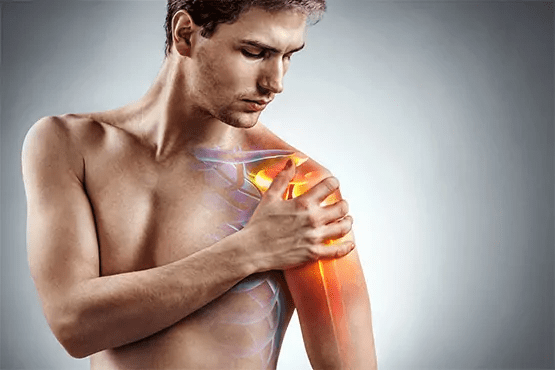
B-Cure Laser for the Treatment of Shoulder Pain
The B-Cure Laser offers advanced laser therapy similar to professional clinic lasers, but in a lightweight, portable device designed for home use.
This treatment is safe, effective, and can provide long-lasting pain relief.
Powered by advanced laser technology, B-Cure Laser stimulates tissue penetration of photon energy when placed on the skin. This stimulates the production of adenosine triphosphate (ATP), which fuels cellular energy and enhances normal cell function and natural bodily processes.
As a result, patients experience faster regeneration and improved function in muscular, skeletal, and nerve injuries.
Video: How to use B-Cure Laser? Instructions for use
Therapeutic effects of B-Cure Laser include:
- Increased production of ATP (Adenosine Triphosphate)
- Increased cellular metabolism
- Increased collagen production
- Increased enzyme production
- Increased protein synthesis
- Improved blood circulation
- Improved lymphatic flow and drainage
- Reduced inflammation
All this serves to boost the body’s natural healing power, targeting the root causes of pain and providing rapid relief.
Video: How does B-Cure Laser work? Technology & Innovation
B-Cure Laser is unique due to it’s beam that covers a surface of 4.5 cm, making it possible to treat a wide range of painful conditions easily, effectively and quickly. B-Cure Laser is safe for all ages, and does not require protective eyewear during use.
B-Cure Laser is now available for home use and has been proven clinically effective and safe. The treatment has no known side effects and is a non-invasive method for treating many types of orthopedic conditions.
What are the benefits of B-Cure Laser?
- May reduce chronic pain
- Non-invasive and non-surgical treatment
- Suitable for all ages
- No known side effects
- Clinically proven by many studies
- Easy and safe for home use
Treatment Protocol
Treatment should be performed around the shoulder joint by placing the device perpendicular to the joint for a duration of 8 minutes. Set the device for an additional 8 minutes and place the device on the upper side of the shoulder. It is also recommended and beneficial to treat for an additional 8 minutes on the back of the shoulder. If the pain radiates to the shoulder blades, treat under the shoulder blades for a duration of 8 minutes on each shoulder blade.
Experience shows that pain relief may be expected within days.
For ease of use, an adjustable stand is available to stabilize the device and provide treatment without movement, allowing the laser beam to penetrate deeply into the tissues.
For optimal results, repeat the treatment at least twice a day.
To learn more about other health conditions that the B-Cure Laser can help manage, please visit our Treatment Guide page.


